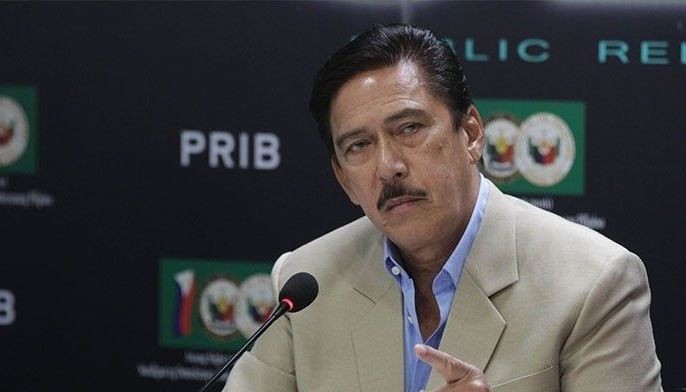MANILA, Philippines — Senators approved last night Senate Bill 1219 on second and third or final reading.
SB 1219 or “An act modifying the salary schedule for civilian government personnel and authorizing the grant of additional benefits, and for other purposes” was certified as urgent by President Duterte on Dec. 13, a one-page letter sent to Senate President Vicente Sotto III showed. ?
Passage of the bill raising the salaries of civilian government workers is believed to be meant to improve their productivity.
In the letter, the President endorsed immediate enactment of the bill “to address the need to further invigorate public service with efficiency and productivity by providing all government civilian personnel a just and equitable compensation responsive to their economic needs.” ?
The House appropriations committee approved its version of the bill yesterday. The measure seeks to upgrade the salaries of government workers by Jan. 1, 2020.
House Bill 5712 authored by Speaker Alan Peter Cayetano, Majority Leader Ferdinand Martin Romualdez, Deputy Speaker Paolo Duterte and Davao City Rep. Isidro Ungab was also endorsed for approval at the House of Representatives.
Ungab told reporters that the plan is for the House and the Senate to approve the measure within the week so it could be sent to President Duterte for signing into law and for it to take effect on New Year’s Day.
“The Senate will also be taking it up today. If we have the same version, we could pass it within the next three days,” he said.
The two chambers are going on their month-long Christmas recess this weekend.
Ungab pointed out that the lowest monthly pay in the bureaucracy would increase by P2,000 to P13,000.
Public school teachers would also receive from 24 percent to 30 percent more.
The adjustment is the fulfillment of Duterte’s promise to upgrade the pay of government workers.
“He really cares for the poor. During my time as chairman of the Davao City council’s appropriations committee and he was mayor, he would always remind us to craft a budget for the poor because the rich can take care of themselves. That remains our guiding spirit in putting together a national budget,” Ungab said.
He pointed out that the President and lawmakers would not be covered by the salary increase, as the Constitution prohibits them from benefitting from laws they enact.
Since lawmakers are determined to approve the new four-year salary adjustment program, state workers will be receiving a pay increase for eight consecutive years.
Bill 5712 will be a continuation of Executive Order 201, which upgraded government compensation from 2016 up to this year. Personnel in the bureaucracy are getting their last monthly increase under the EO this month.
Former president Benigno Aquino III issued the order in February 2016, four months before he stepped down, after Congress failed to pass the then proposed Salary Standardization Law (SSL) 4 due to disagreement on indexing military and police pension to the planned increase.
Thus, EO 201 is considered as SSL 4, while Bill 5712, when enacted, would be SSL 5 representing the fifth four-year serial pay adjustment in government.
Under the bill, the lowest pay (Salary Grade 1) would go up by about P500 next year, from P11,068 under EO 201 to P11,551. This would increase to P12,034 on the second year, P12,517 on the third and P13,000 on the fourth.
The minimum salary for public school teachers, who hold Salary Grade 11, will be adjusted from P20,751 under the Aquino order to P22,316 in 2020, P23,877 in 2021, P25,439 in 2022 and P27,000 in 2023.
On the other hand, the President’s pay (Salary Grade 33) will go up from P399,739 to P431,718 over the four-year implementation period.
Salary Grade 30, which is compensation level of Cabinet members, senators and congressmen, will increase from P196,206 to P211,902 up to 2023.
Ungab said the rate increases were based on a study conducted by the Department of Budget and Management. – With Jess Diaz, Paolo Romero


